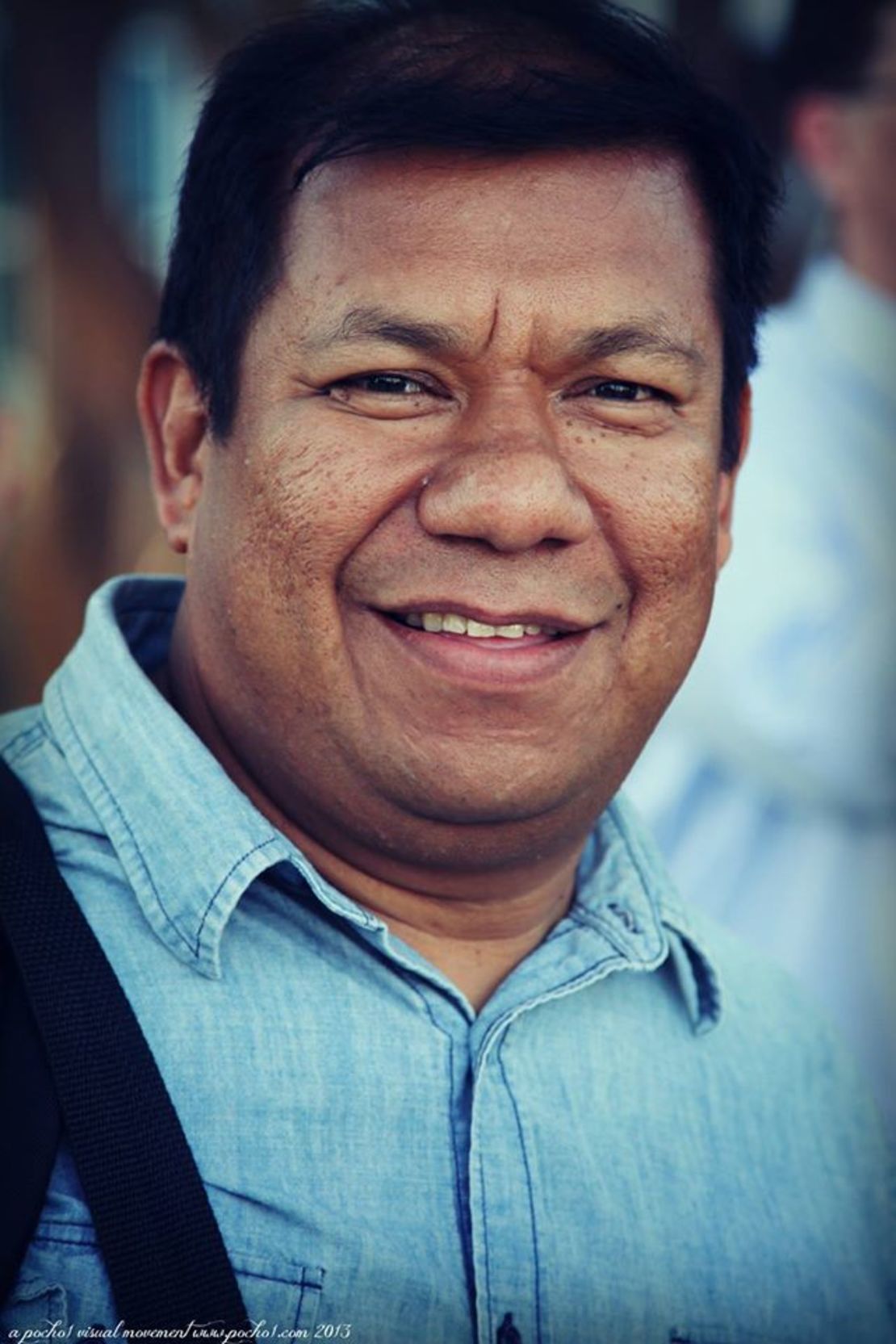Editor’s Note: Pablo Alvarado is the executive director of the National Day Laborer Organizing Network. The opinions expressed in this commentary are solely those of the writer.
Story highlights
Pablo Alvarado and little brother escaped El Salvador and death threats to go north
Alvarado: Scared children at border show immigration is a humanitarian crisis
He asks: What problems are pushing people north? What hand does U.S. play?
Barriers, soldiers not the answer, he says; we must address underlying problems
A few days after my little brother received death threats, he and I jumped on top of la Bestia – the Beast – the train heading north, to escape El Salvador. The country that financed the armed forces seeking to kill our friends and family would be our destination for safety. And like the millions of people forced into migration, I was compelled to leave my home for the uncertainty and waiting unwelcome of the United States.
I left on my last day of college before graduation and dedicated myself to guaranteeing the safety of my brother, still a teen not much older than the unaccompanied minors currently arriving en masse at the U.S.-Mexico border. Although I cannot pretend to know their situation, I can see the faces of those we traveled with in the photos of those children crowded into detention centers.
A family secret that changed his life

Right-wing conservatives have fully seized upon this latest turn in the immigration debate to harp upon border security and scoff at troops unable to stop little children. President Barack Obama, who seems to have made it his mission to appease them in his first six years, would now do better to ignore them completely than to continue to step on the gas of his deportation apparatus.
In a debate that has centered on criminalizing migrants and the act of migration, the faces of children, huddled and scared, hoping and vulnerable, defy vilification. Instead, they demonstrate what the President has declared but not yet acted on: Immigration is a humanitarian crisis. It is not to be met with soldiers, jails and handcuffs but with relief and aid.
Opinion: How we can help kids crossing the border
Intractable nativists, unable when confronted by these children to demonize people crossing the border, will turn to their equally favorite target – demonizing the administration.
One of the mouthpieces of anti-immigrant initiatives in the House, Rep. Bob Goodlatte of Virginia, insists on repeating the rumor that it was actually the Deferred Action for Childhood Arrivals program and the misunderstanding of the prospect of immigration reform that caused the youths’ arrival. He would want us to believe that this Congress has made legalization look so promising that children who would have otherwise stayed put are making the journey across a continent to be one of its rumored beneficiaries.
But like any magnet theory, it misses the primary factor of displacement. The push is stronger than any pull. The White House initially tried to dispel the bluster from the right. But the debate has reverted to the most common pattern in immigration policy: hyperbolic denunciations from the right, appeasement from the administration and near silence from the rest of the Beltway.
To have a real conversation about children at the border requires understanding the humanitarian crisis, but it also requires addressing the dynamic among the United States and its neighbors.
We must examine the reason people are being pushed to the north. Exactly what is happening in their home countries? And what hand does the United States play in creating those problems?
Opinion: The right fate for immigrant kids
My brother and I did not leave our parents behind, only to be assaulted on a monthlong journey north and witness the worst, including people dying, because we simply wanted to. We did not leave the work we had and the life we had started to build because we would be happier looking for jobs on the street and paying what we could to sleep in a living room.
We came because it was our opportunity to survive, because counterinsurgency forces, known now to have been financed by the Reagan administration, fought a dirty war in El Salvador. It claimed the lives of 70,000 people and displaced 1 million more.
I hope the plight of the children who have taken center stage in the immigration debate can shatter the myth that we can continue the conversation without considering our neighbors.
The children have shown that proposals and issues of the debate have been inadequate. When I return to El Salvador, as a citizen of the United States, and I interview those who were deported for a soon-to-be-released study, the most common refrain people share is “What choice do I have but to go north?”
The walls erected and the troops deployed and even the legislation that has been introduced do not answer that question and do not address people who desire to survive, harbor the hope for something better and see the possibility of neither.
Read CNNOpinion’s new Flipboard magazine

